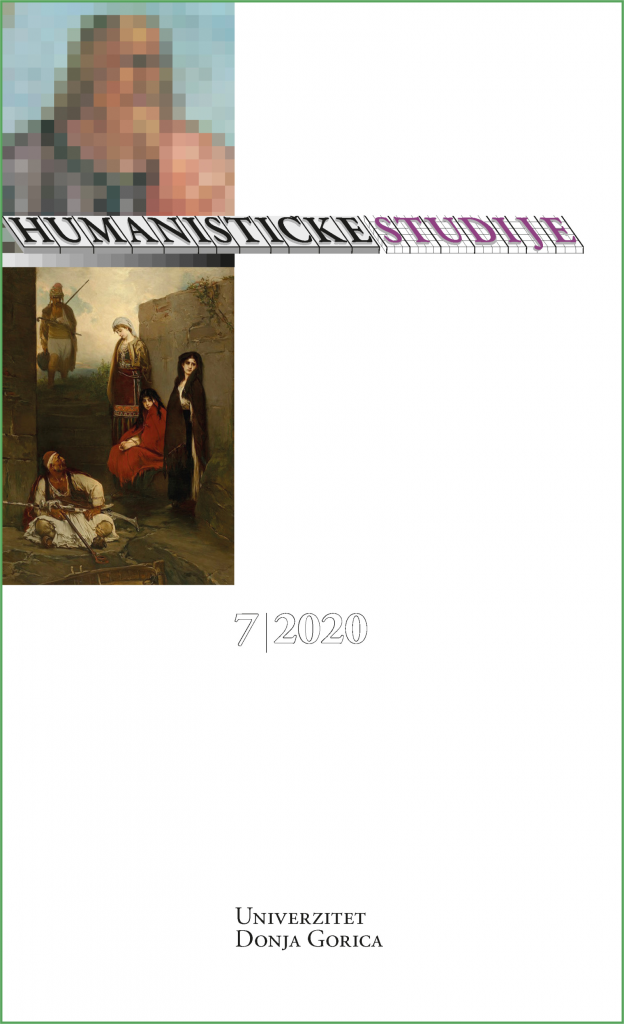Opium, Bonito and Olive Agents: States and Drugs in the Balkans (Beginning of the 19th Century — 1940s)
Opium, Bonito and Olive Agents: States and Drugs in the Balkans (Beginning of the 19th Century — 1940s)
Author(s): Petar Dobrev, Dmitar GrigorovSubject(s): Archiving, Substance abuse and addiction, Interwar Period (1920 - 1939), The Ottoman Empire, Wars in Jugoslavia
Published by: Univerzitet Donja Gorica
Keywords: opium; drugs; interwar period; Macedonia; Bulgaria; Turkey; Yugoslavia
Summary/Abstract: Based on archival analysis our paper presents the research which, for the first time, examines the role of opium in some of the nation-states emerged from the disintegration of the Ottoman Empire — Bulgaria, Turkey and Serbia (later the Kingdom of Yugoslavia); tracing the period before World War II. During the interwar period 43% of the opium on the international market came from the contested Macedonian region that was split between Yugoslavia, Bulgaria and Greece after World War I. Following the Yugoslavian-Turkish agreement this percentage increased to 80%, while the Balkans became part of the notorious French connection. By using the methods of Histoire croisée, our report attempts to show the interrelations within the Balkan states in relation to opium politics, the porous new national borders, ethic collaboration and rivalry in the (il)legal opium trade business.
Journal: Humanističke studije
- Issue Year: 2020
- Issue No: 7
- Page Range: 109-132
- Page Count: 24
- Language: English

